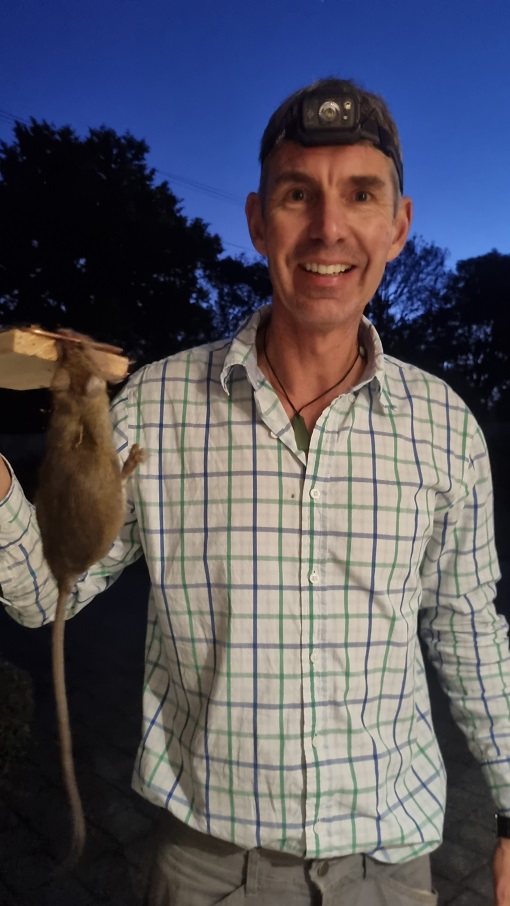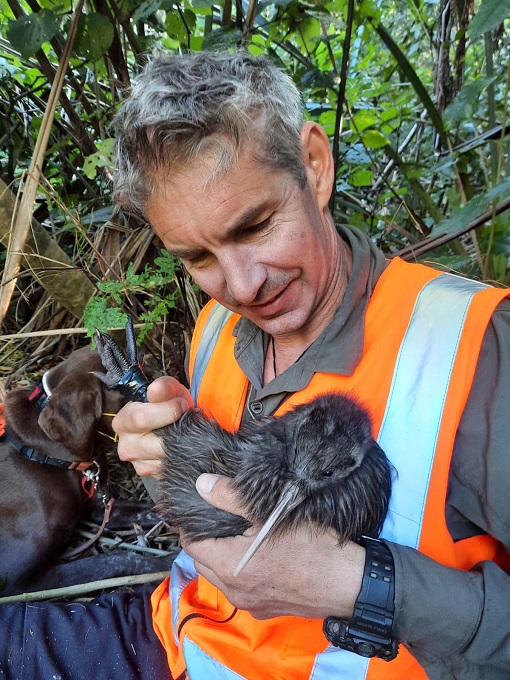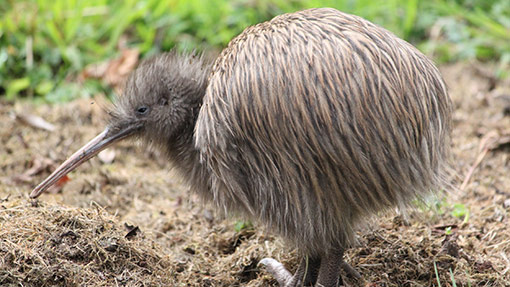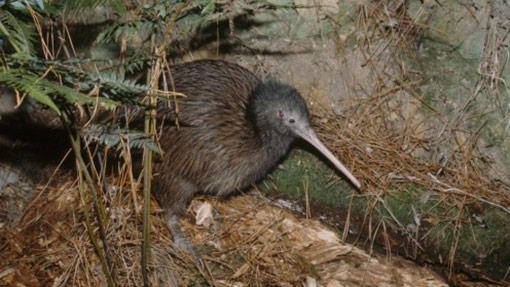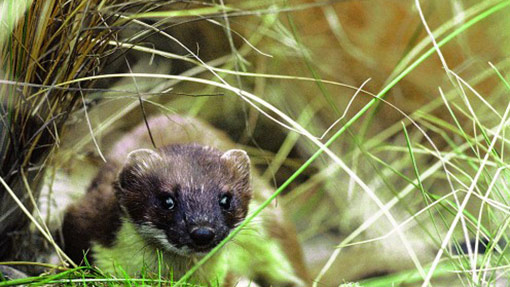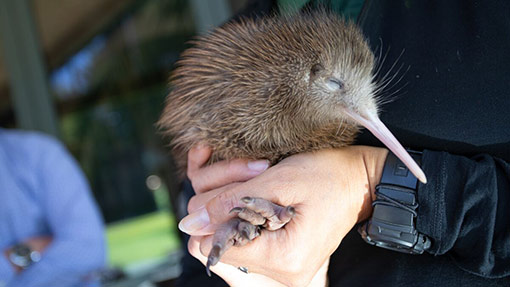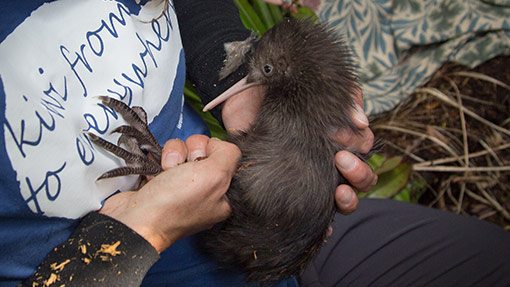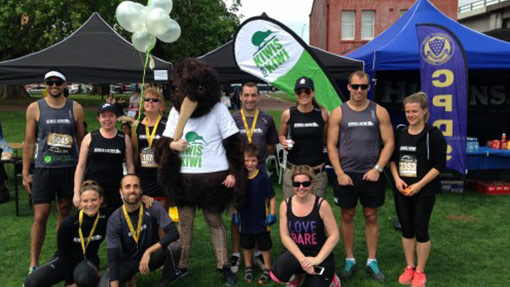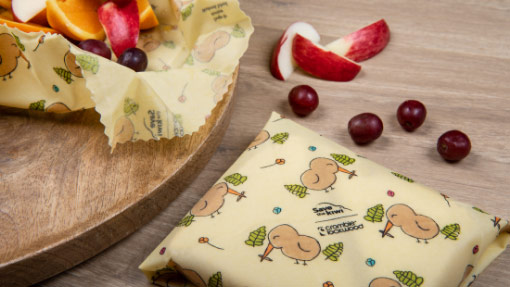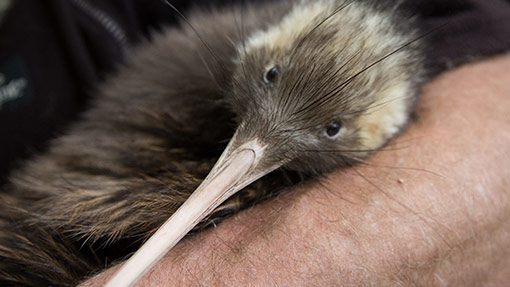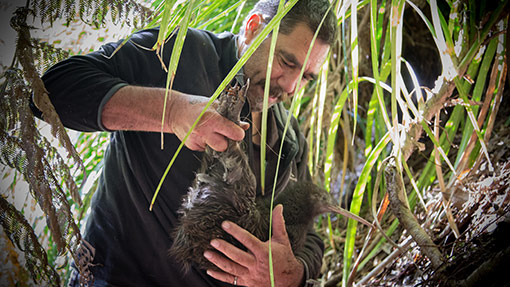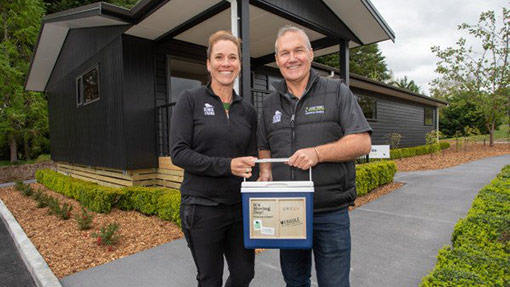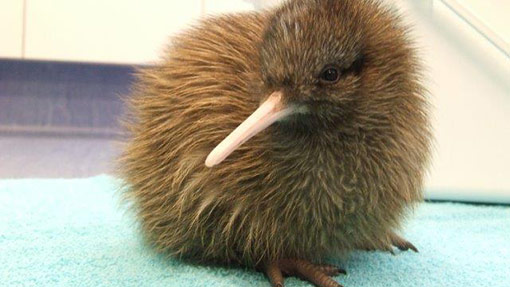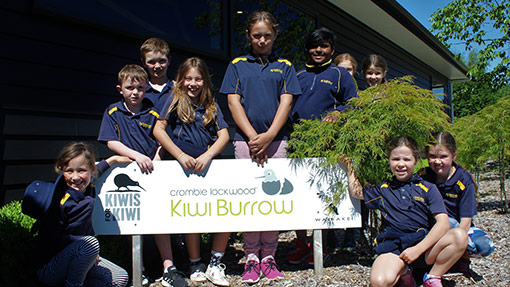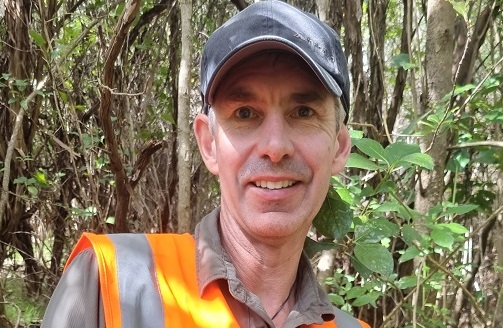For Aaron Power, conservation is a way of life.
Right from a very young age he always had one foot in the bush. A few decades on and now with kids of his own, doing what he can to protect Aotearoa’s environment for future generations remains a top priority.
“The bush really is my happy place,” says Aaron. “I love to see the manu/birds chirping away in the ngāhere/forest, and it’s something I’ve been interested in forever. My four kids have grown up with a deep appreciation and respect of the environment too. As a family we spend a lot of time in the outdoors which has strengthened that passion even more.”
When Aaron was shoulder-tapped to join the board of Coromandel kiwi conservation group Project Kiwi about five years ago, he jumped at the chance. The businessman now spends much of his time supporting the group in health and safety, finance, and governance, as well as the group’s efforts in expanding their trapping area, managing wilding pines, and promoting kiwi avoidance training.
“It’s great to see Project Kiwi’s trapping is expanding,” Aaron says. “I work with landowners who have kiwi living on their land, and the uptake of people getting onboard and allowing our contractors to access their land and set up traplines has been really encouraging.”
Aaron isn’t afraid to get his own hands dirty: in fact, that’s a big part of his volunteering journey.
“Project Kiwi has taken on a big area of land in the last year, so I’ve been GPSing much of it, tracking it, laying out traps, and checking the traps regularly. Seeing the impact that our team is making with my own eyes makes me confident about the future of the kiwi in this part of the country.”
Aaron is always putting his hand up to help wherever a few extra hands are needed. One of his most recent volunteering stints was participating in a population survey on Motutapu Island for 10 days. He was paired up with a kiwi dog and its handler, and the trio would essentially ‘catch kiwi’ and perform health checks on the birds so they could get more of an idea of the overall health of the kiwi population on the motu/island.
“We’d head out at night to hear kiwi and get a general idea about where they might be, then return in the morning with the dog in tow. There were kilometres of walking involved, and sometimes we’d come up empty-handed. But when we caught a bird, it was the most incredible feeling holding one of these special creatures and knowing that I’m in a minority of New Zealanders that have seen one up close and personal.”
That’s a sentiment that really motivates Aaron.
“I absolutely love the kiwi. It’s our icon, but so many Kiwis have never seen one in the wild. The reason I’m doing this is so our tamariki/children can go out and actually see them, see their habits for themselves, and discover what they’re really like in the wild. And when we work to save the kiwi, we’re working to save the overall ngāhere. It can only be a good thing.”
Aaron says trapping has an enormous part to play in kiwi conservation.
“I really applaud every trapping volunteer out there doing the hard yards because 95% of the work involved in kiwi conservation comes down to effective trapping,” says Aaron. “When you’re out clearing a trapline and get a stoat, you think, ‘Oh, I might’ve saved a kiwi right there – maybe more’. It’s really rewarding; that’s what it’s all about.”
A visit to Rakiura Stewart Island last year reaffirmed to Aaron that his voluntary work in kiwi conservation was absolutely worth it.
“It is so cool to see kiwi in the wild on Rakiura, just roaming around the place. Wouldn’t it be cool to see them in the wild like that here on the mainland? I believe it can happen.”
All New Zealanders have a role to play in helping make Aotearoa a better place.
“I think we have a responsibility to leave the place better than when we started,” he says. “I’m really passionate about the kiwi, but everyone has their own passion and thing they love doing, so I really encourage them to do what makes them happy.
“Helping other people gives you such a great sense of achievement. Helping to save the kiwi and rebuild kiwi populations on the Coromandel is really rewarding for me. It makes me feel like I’m leaving a legacy for my children.”
